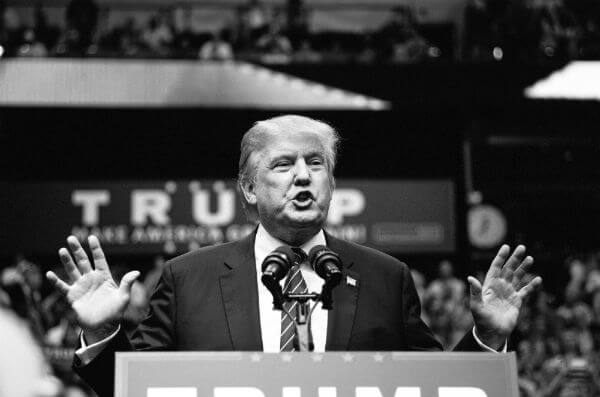Benjamin Wittes writes: When the FBI wants to say it is reopening an investigation, it knows perfectly well how to say that. In this case, the investigation was actually never formally closed, so it doesn’t need to be reopened. The relevance of this letter is thus likely not that some explosive new evidence of Clinton criminality has suddenly emerged.
It is, rather, that Comey made a set of representations to Congress that have been complicated by new information, apparently from the Anthony Weiner sexting case. So he’s informing Congress of that fact before the election.
Comey represented to Congress that the Clinton email investigation was “complete.” But as the letter relates, new emails have now come to the bureau’s attention that appears relevant to the email investigation. (Weiner’s estranged wife is one Clinton’s top aides.) Comey has okayed a review of that new information to determine whether the emails contain classified material and also whether they are, in fact, relevant. And this fact renders his prior statement to Congress no longer true.
The key point here, in other words, is not that Comey is “reopening” a closed matter because of some bombshell. It is that he is amending his public testimony to Congress that the FBI is done while the bureau examines new material that may or may not have implications for investigative conclusions previously reached.
Here’s the subtext: Comey and FBI investigated Clinton hard, and when various legal and practical hurdles made it impossible to move forward with any kind of criminal case against her, Comey stated his view — quite unflattering to her — that her behavior had been “extremely careless” with highly sensitive information.
He did this in public because he made a decision that Clinton and her team deserved public scrutiny for their acts, because she is a major party candidate for president. This is why he went out of his way — maybe too far — in revealing unfiltered information so that the public had the opportunity to consider it before voting for or against her.
This summer, in short, Comey closed the investigation, stated his reasons, and took arrows both from those who thought he should have gone forward with a case and those who thought he should have said much less than he did.
And he testified before Congress that he was finished.
The trouble is that now he has learned something which he thinks may complicate his earlier judgments. And he has authorized additional investigative steps to find out. He found out that he is not finished. So the question is whether to tell Congress (and the public) or not.
Even at the risk of helping Trump, Comey has notified Congress (and the world) about it so as to clarify his prior testimony. This allows voters to judge how to consider this before the election — even though he will almost surely not be able to say anything more until after the election. It’s a way of not pretending that the investigation is “complete” when he knows there is some degree of residual issue.
If you’re inclined to be angry with Comey over this, imagine that he had not said something and it emerged after the election that, having testified that the investigation was complete, he authorized additional investigation of a new trove of emails.
Comey and the FBI are in a terrible position here, one in which they would be accused of playing politics whatever they ended up doing.
The interesting question is whether the FBI’s predicament is Comey’s own fault. [Continue reading…]

